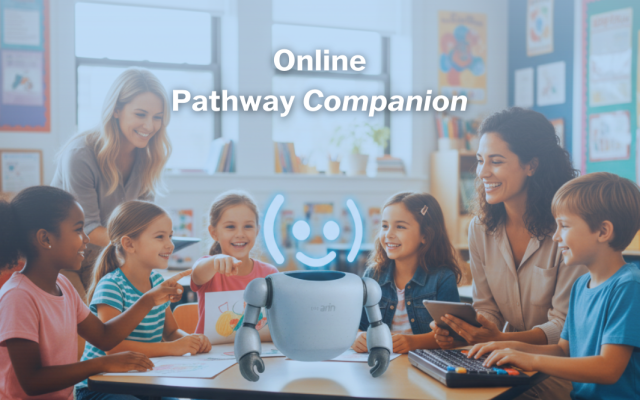Stories from Job Digital Lab with ING Italia
"If I had to mention the digital innovation that will have a significant impact on Milanese companies in the coming years, I would immediately and without a doubt say generative artificial intelligence." Lorenzo Pisoni, Head of the Digital Business Point at the Milan Monza Brianza Lodi Chamber of Commerce, will speak at the first local event of the fourth edition of di Job Digital Lab. The event Beyond Sales: Building Relations with Customers Thanks to Digital Tools will be held in Milan on January 24th.
With the help of Nicoletta Vulpetti, who is deeply interested in identity stories, we will also enrich the fourth edition of the training programme, developed with ING Italia, with the stories of protagonists of personal and community change. And here is a preview of Lorenzo Pisoni's story.
If I had to mention the digital innovation that will have a significant impact on Milanese companies in the coming years, I would immediately and without a doubt say generative artificial intelligence. Unlike other inventions - from the cloud to blockchain and the metaverse - the chatbots that have exploded over the past year embody a revolution in usability, not in functionality. They allow us to give orders to computers in our natural language, which is incredibly more comfortable and, above all, within everyone's reach. Even a year ago, you could have created content entirely on a computer, like a photo of your product at the top of the Matterhorn, but you would have needed a photographer and a graphic designer, and perhaps a helicopter and an emotional soundtrack for your ad. This, however, would have required a musician and a sound designer. You would have needed a data analyst to trend graph your sales by product sector, programmer to create an app to operate your machinery remotely, a lawyer and translator to organise a distribution contract in Finland, and a researcher to get a report on snack consumption in Indonesia.
Today, any of us can create all this content, at least at a basic level, without being a professional, and letting a computer add its "creative touch" in an incredibly similar way to the collaborative experience we have between humans. The immediate effect of this technology is a drastic reduction in the production costs of creative and intellectual content - precisely the costs that are prohibitive for small businesses and which, until very recently, dug a deep furrow between them and more "structured" brands. The speed of familiarization and the accuracy in the choice of generative AI tools will be success factors in making it a competitive advantage on the market.
The "humanist" principle also applies to AI: the imagination of better scenarios and the adoption of new habits are the true success factors, rather than AI itself. And with a pinch of cynicism, what are the point of incredibly detailed product photos if you don't have an aesthetic canon? Or what if you have a new warehouse management app, but don't know how to use it?




